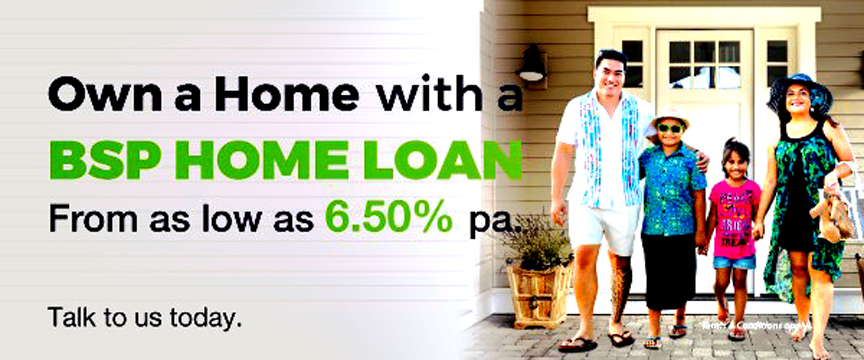
Apia, Samoa – A partnership between the Samoa Bureau of Statistics (SBS) and the United Nations Development Programme (UNDP) has led to the strengthening of the births registration system.
This is reflected in the launch this week of a new report – Strengthening the Birth Registration System in Samoa – which highlights birth registration as a fundamental right, a critical first step for the protection and development of children, yet it remains a challenge for Samoa.
The Report is the result of effective partnerships between SBS, through its Births, Deaths and Marriages (BDM) Division, UNDP through its Accelerator Lab (AccLab), and relevant stakeholders such as the Ministry of Health, Ministry of Women, Community and Social Development, and actors involved in the birth registration process at the community level.
“The Samoa Bureau of Statistics recognizes and acknowledges the need to strengthen the birth registration system in the country. As such, birth registration is part of a wider civil registration system that includes the free and universal recording of the occurrence and characteristics of key events – births, deaths, adoptions, marriages, and divorces – and other civil status events pertaining to the population,” said Leota Laki Lamositele Sio, Minister of Statistics.
“In Samoa, every person has a right to a name that connects to the land and matai titles – their fa’asinomaga. The registration of birth protects and instills that right and identity, which enables entitlement to health, education, sports, employment opportunities and many other social and economic benefits. A child’s birth certificate is the primary identity to all social and economic entitlements.”
The Report provides a comprehensive analysis of the current situation, identifies gaps and opportunities, and proposes innovative and concrete recommendations like using collective intelligence, and leveraging technology and a whole-of-government collaboration across sectors to improve birth registration in Samoa.
“Birth registration and related information are key in ensuring effective development planning which benefits all, especially in a country like Samoa, which remains increasingly vulnerable to disasters. We hope this Report will serve as a valuable resource for policymakers, practitioners, and advocates working towards ensuring that every child in Samoa is registered and has access to their fundamental rights,” said Jorn Sorensen, UNDP Resident Representative.
Based on the success of the initial partnership, SBS and UNDP are continuing to the second phase of this initiative, partnering with the United Nations Children’s Fund (UNICEF), supported by the Government of New Zealand, to boost the Civil Registration and Vital Statistics (CRVS) system in Samoa.
“The right to identity is enshrined in the United Nations Convention on the Rights of the Child, which Samoa ratified in 1994. However, recent estimates by UNDP and UNICEF put the current birth registration rate in Samoa between 60 to 66%, yet more than 99% of children are delivered by a skilled birth attendant, which is quite alarming. We believe that through our revitalized and concerted effort, we can do better,” said Dr. Annefrida Kisesa-Mkusa, UNICEF Chief, Pacific Samoa Field Office.
Through participatory design approaches, the team will test and create a prototype of inclusive technologies in CRVS that have the potential to enhance public service delivery. They will also jointly work to revitalize a gender-responsive CRVS committee, co-facilitate policy dialogues and advocacy for open-source tools and open data to build responsive institutions, efficient public services and ensure citizen participation for inclusive development.